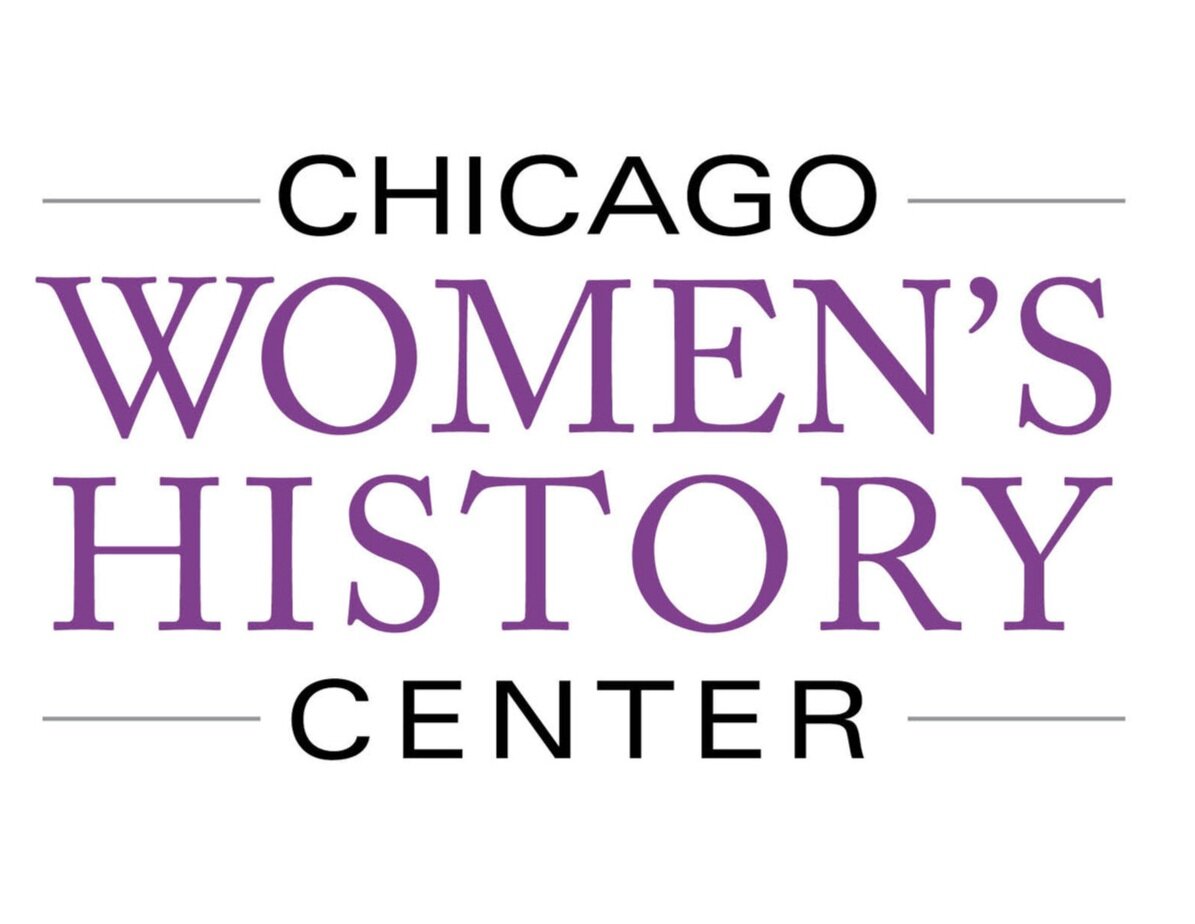Beatrice Craig on “A Broadband of Sisterhood: The League of Women for Community Service.”
A Slide from the presentation ‘A Broadband of Sisterhood’
A presentation by Jené Watson, Dorothy Clarke, and Kalimah Redd Knight
“We speak your names.”
This is a quote from author Pearl Cleage’s same-named poem, celebrating the resilience and achievements of African American women throughout history. It is with this quote that scholars Jené Watson, Dorothy Clarke, and Kalimah Redd Knight introduced their presentation, “A Broadband of Sisterhood: The League of Women for Community Service.” Though we often conceive of history as something molded by tangible moments and events, history is equally impacted by how we speak about and remember the past. Beginning their presentation with this quotation thus grounded their work in rectifying the historic neglect of Black women’s voices in American history, despite their widespread involvement and profound achievements.
As they explored the connection between two prominent Black women’s clubs—the Women’s Era Club and the League of Women for Community Service—they emphasized the contributions of the visionary women who made this community work possible. Cleage goes on to write, “We are here because we are your daughters / as surely as if you had conceived us, nurtured us, / carried us in your wombs, and then sent us out / into the world to make our mark / and see what we see, and be what we be, but better, / truer, deeper / because of the shining example of your own / incandescent lives.”
Participating in this project of memory and deference, of honoring the women of the past that made the work of the present possible, Watson, Clarke, and Redd Knight each shared with us their “chosen ancestors.” According to Redd Knight, these are historical figures with whom she feels a deep spiritual connection, a feeling that this individual fought for the same things for which she fights now. These chosen ancestors often reveal themselves serendipitously, serving to propel her forward and remind her of why her work matters.
Jamila Woods, Keynote Speaker talking about Octavia Butler at Chicago Women’s History Conference, 2025
photo credit Chase Hartman
Clarke shared with us her chosen ancestor from the club movement: author Pauline E. Hopkins. Born in Maine in 1859, Hopkins would go on to become a trailblazer of Black historical fiction, eventually known as the “Godmother of AfroFuturism.” Pioneering the way for modern writers like Octavia Butler and Colson Whitehead, Hopkins wrote novels, short stories, and plays to examine topics such as the Black diaspora through the lens of speculative fiction. She also later undertook social and political commentary in journals like the prominent Voice of the Negro, the Colored American Magazine, and the New Era Magazine. Though Hopkins remains neglected in the cultural imagination, her work displays a distinct social consciousness that deserves to be lauded.
Another multi-hyphenate highlighted by the presenters, someone who particularly caught my attention, was Maud Cuney Hare. Though Hare was born in Texas, she would go on to become an active participant in the Boston women’s club movement scene. A performer, folklorist, editor, and musicologist, Hare established the Allied Arts Center, the first workshop theater for African Americans. Teaching through music, Hare devoted her energy to engaging young people in the arts and empowering them to express themselves in a joyful, creative space.
In the face of pervasive opposition, these women resisted and demanded space for their communities to flourish. As the presenters emphasized, the Black women’s club movement was “doing more than responding to trauma and violence. They laughed, [established] places of worship, danced…But they were also about business” Drawing from the Swahili Harambee, meaning “all pull together” or “collective effort,” these women worked together to uplift their communities and foster unity.
Keynote Speaker: Jamila Woods at Chicago Women’s History Conference, 2025
Photo credit Chase Hartman
As I reflect on their strength, I am reminded of the quote this conference’s keynote speaker, singer-songwriter Jamila Woods, shared with us: “Hope is a discipline.” What this quote means to me is that each day you must make the conscientious decision to believe you can change the world, regardless of the forces that hinder your progress. That to persist, you must know that anything is possible, even if it seems quite the opposite. Though I am daunted by this task, what this presentation from Watson, Clarke, and Redd Knight teaches me is that I do not exist in a vacuum but am guided by the legacy of those who fought before me.
By Beatrice Craig



